New perspectives
With its insightful articles on adult education and lifelong learning, ELM provides depth and context for new trends and phenomena in society.
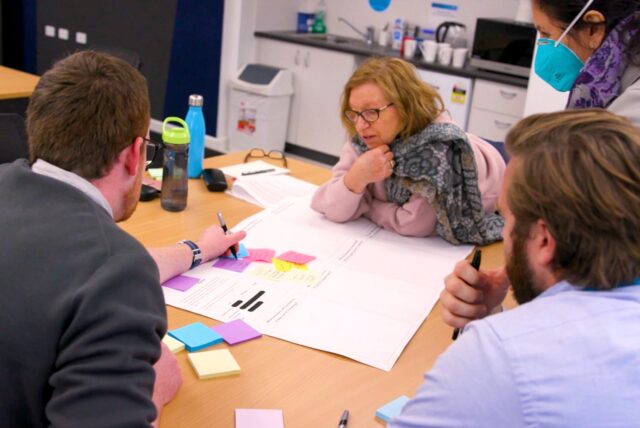
How seniors develop digital skills: A lesson from Australia
A project from the Australian research program Shaping Connections reveals the common obstacles seniors face when attempting to develop digital skills. A key to overcoming these challenges is peer-based learning.
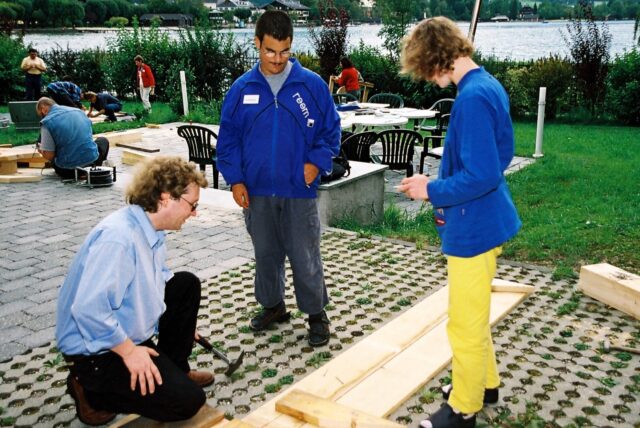
Inclusive approach: “We aim for individuals with and without disabilities to learn together”
A unique approach to create an educational space for everyone is deployed by Austria’s biv, the Academy for Integrative Education.
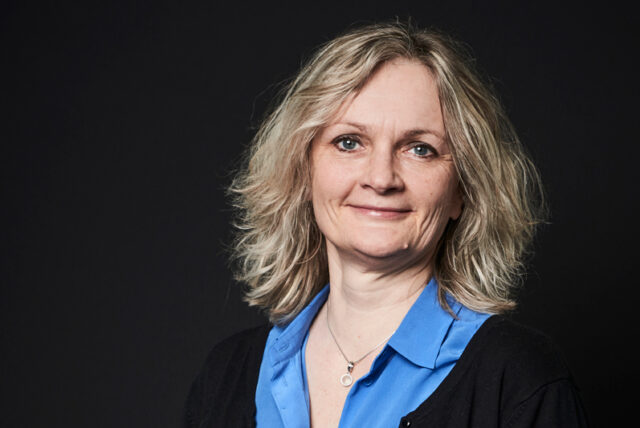
I argue: Visuals play a crucial role in digital learning
In ELM’s "I argue" series, Professor Mie Buhl asserts that visuals are highly influential in digital learning environments, profoundly impacting cognitive development and social capacity within learning practices. The new series of columns, "I argue," features texts written by researchers, each presenting a well-argued statement on a topic of their research.
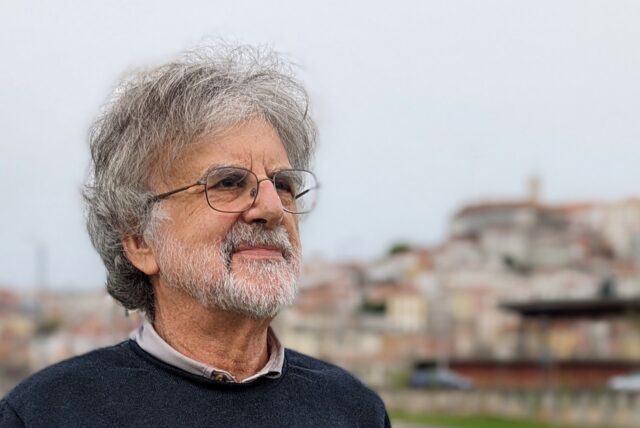
António Dias de Figueiredo: “If people stop exercising their minds, they may lose their ability to reason”
In ELM’s interview, António Dias de Figueiredo, retired professor of Information Systems at the University of Coimbra in Portugal, points to specific benefits and potential dangers of using AI in adult learning – and offers a gloomy assessment of the prospects for equality in digital learning across Europe.
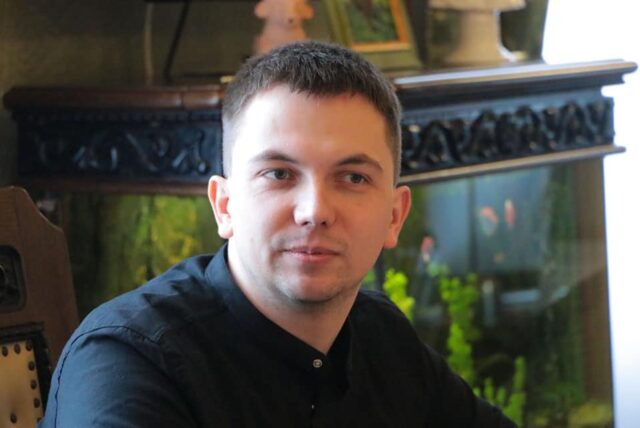
Ukraine’s adult education looks to the future
A current draft law on changing adult education is key to societal renewal in Ukraine – now and after the war – says Mykyta Andreev, the former Executive Director of the Ukrainian Adult Education Association.
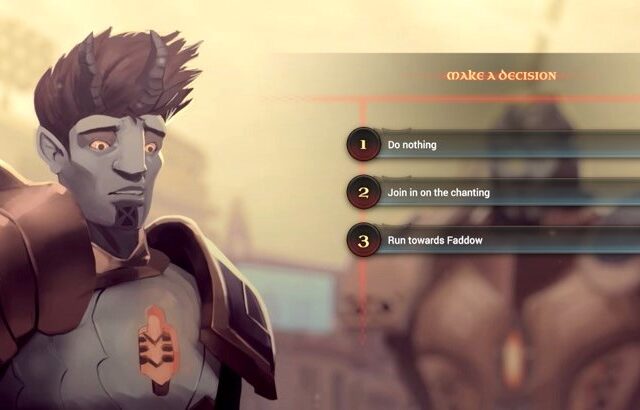
Video gaming against extremism: Tools for peace builders
How can we use edutainment to counter polarisation and resist hate speech in Europe? The director of Radio La Benevolencija, George Weiss, has discovered tools for peace building by producing media edutainment programs.
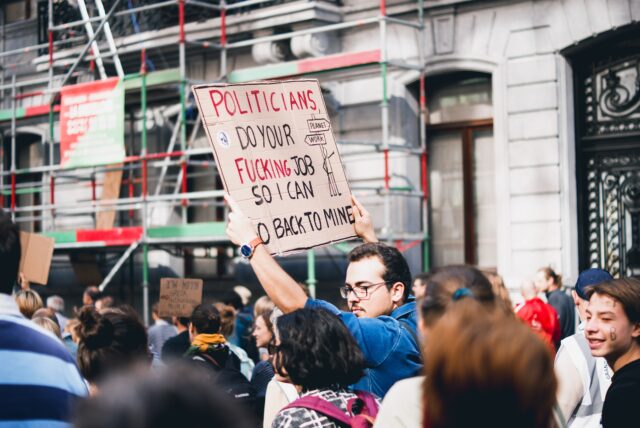
How the future of civic education could shape the course of democracy in Europe
Civic education is an educational sector that faces great expectations, such as strengthening democratic engagement, but that has scarce resources, says Louisa Slavkova. She is a political scientist specialised in democracy development and civic education.
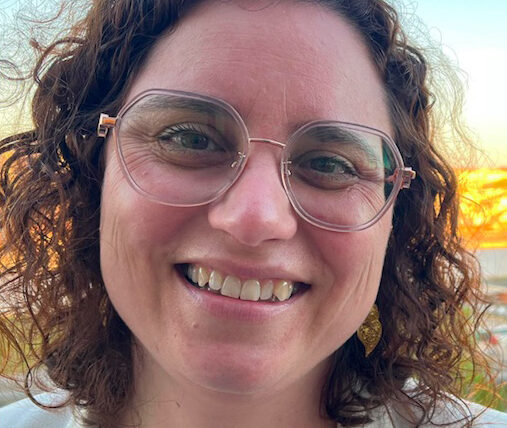
Dina Soeiro: “Older learners are neglected”
Our “Meet the board” series introduces the members of ELM Magazine’s editorial board. Our newest member, Dina Soeiro, stands for the right to education for all, regardless of age, background or personal circumstances.
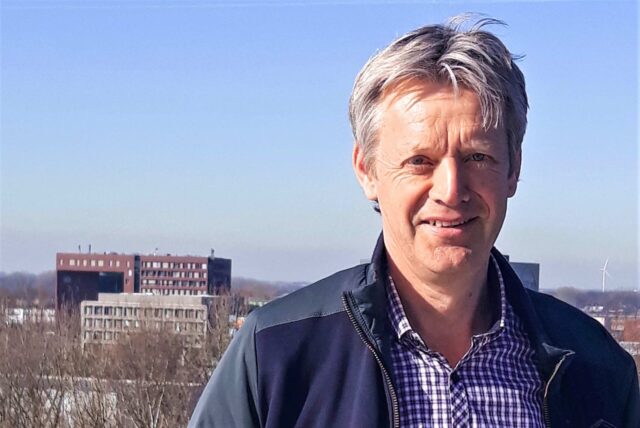
Interview with Arjen Wals: A pedagogy of hope for a greener world
New ways of teaching such as transgressive learning can lead to real change, says thought leader Arjen Wals, professor of transformative learning for socio-ecological sustainability.
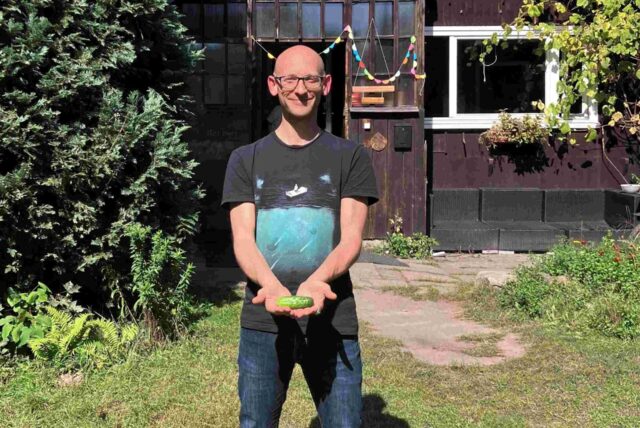
Grassroots initiatives: Making it to the future
Wojciech Matejko answers three quick questions on the community Open Jazdów in Warsaw, Poland. The community supports people’s initiatives for social, cultural and ecological sustainability. Sometimes re-imagining the future requires looking back to the past.




